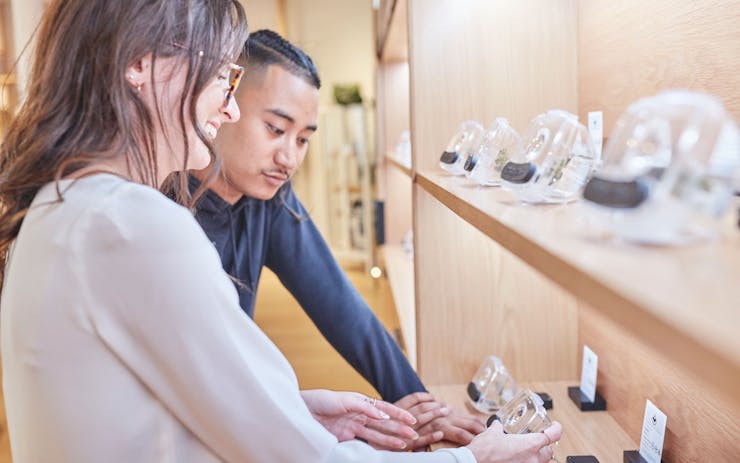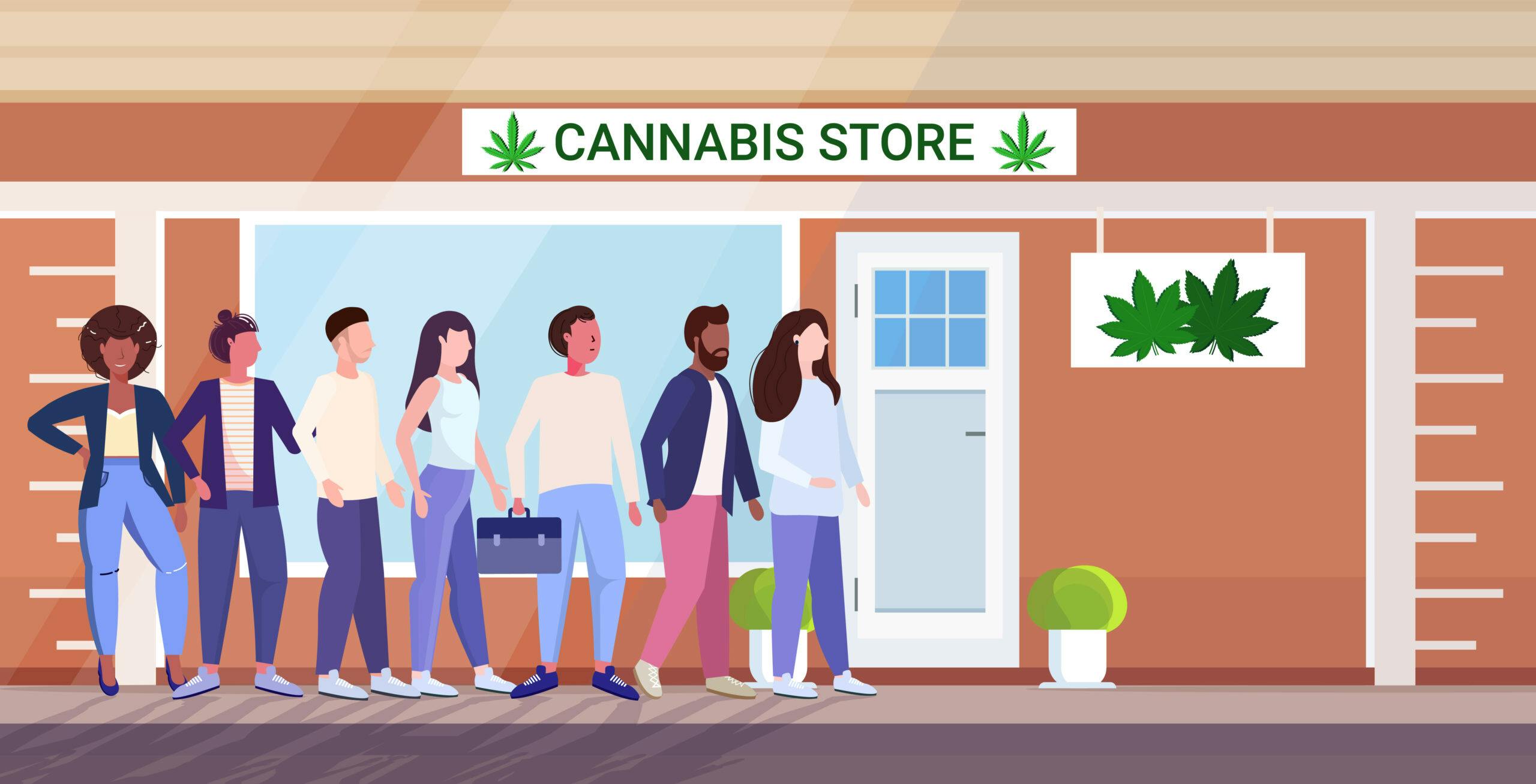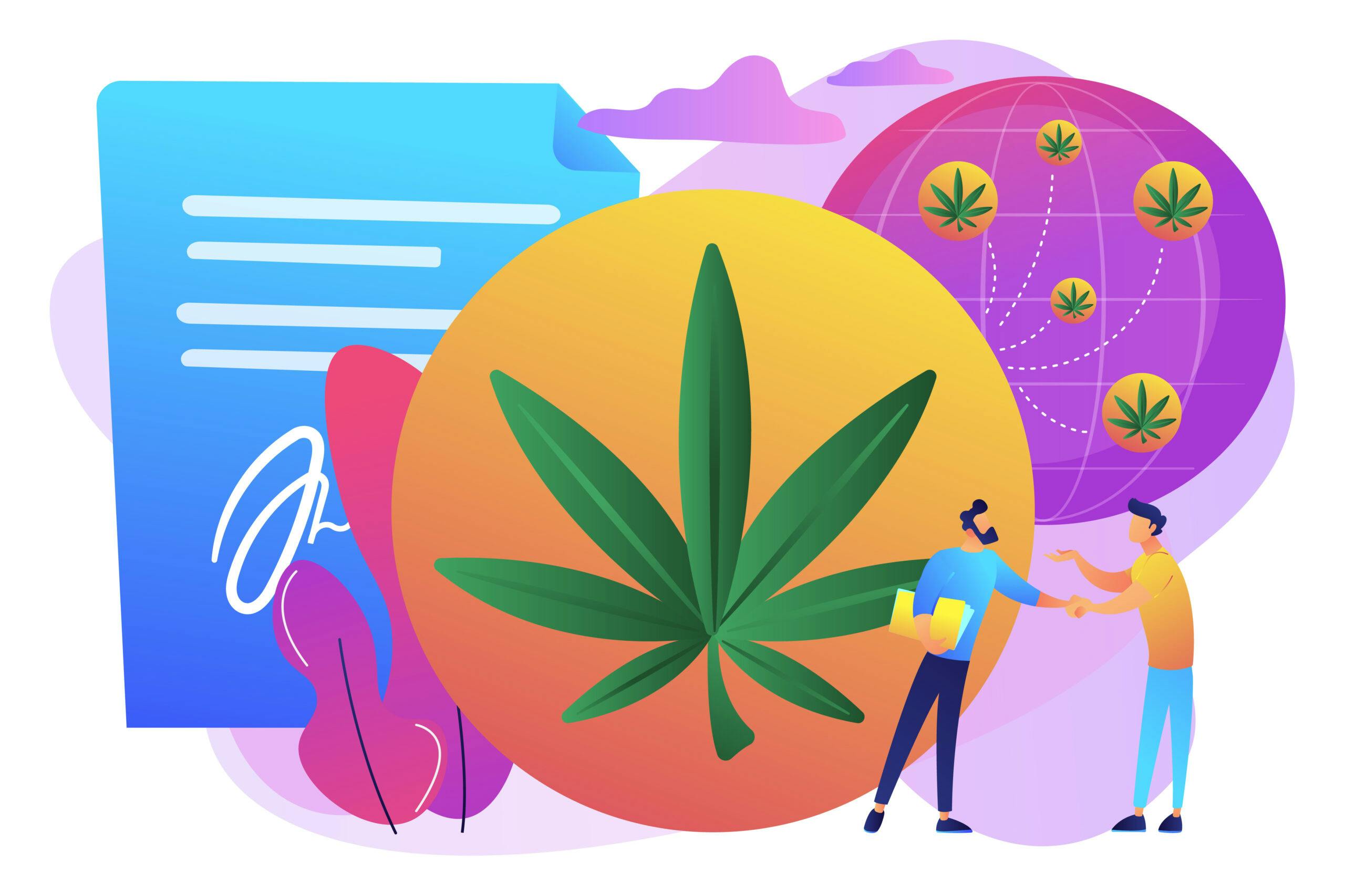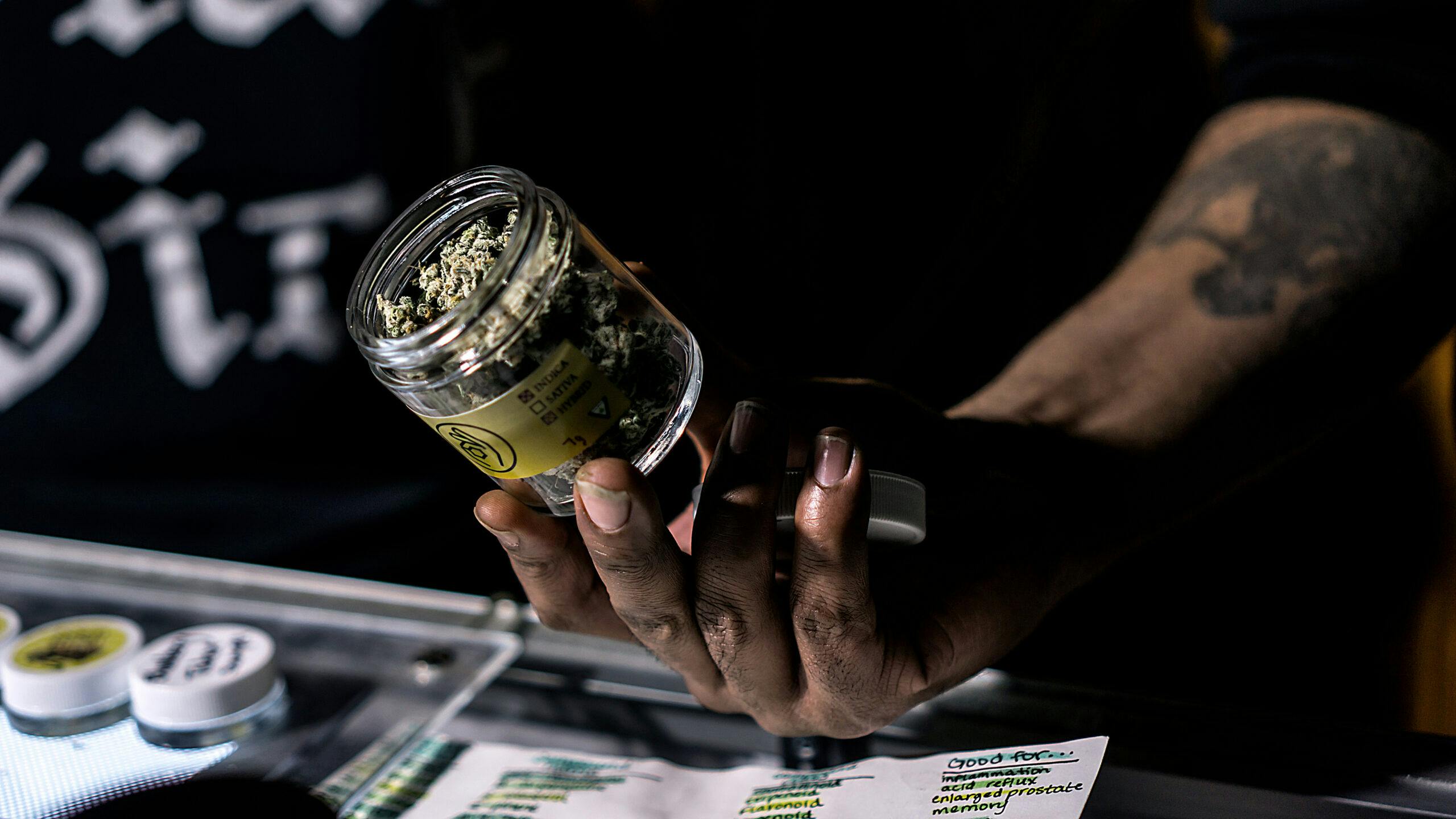We all know the traits and practices that make for a good salesperson, bartender, or banker, but what makes a good cannabis budtender? The position of “budtender” hasn’t been around very long, after all, and dispensaries are nowhere near as common as a bank or bar.
In order to build our Weird Science-style perfect cannabis dispensary employee, we reached out to a handful of Canada’s leading cannabis retailers to find out what they look for when staffing their stores.
Here are five things the best budtenders all do well.
1. They don’t play doctor

A store operating as a licensed “recreational” spot will still receive medical and science questions from customers. If someone walks into a Dutch Love store asking for products for their chronic back pain or headaches, its employees won’t dispense their guidance as medical advice, says Stuart Ryan, the company’s director of recruitment, training, and development.
“When a customer comes to us looking for advice to aid with a specific ailment, we advise our sales associates to first start with a disclaimer: ‘I am not a doctor and therefore cannot offer medical advice,’” he says.
“This sets the tone for the conversation and removes any sort of expectation that the associate can cure these ailments with a recommendation.”
“By making consumers aware of the standard effects of terpenes and cannabinoids, we empower them to make their own educated decisions and ultimately decide on their own treatment plan,”
– Stuart Ryan, Dutch Love’s director of recruitment, training, and development
But while budtenders should never play doctor, they can play teacher. In other words, it’s about education, not prescription. Imparting important information about cannabis strains and products makes the purchasing process less daunting for the customer.
2. They know what they’re selling

You wouldn’t expect your bartender to binge bottle after bottle of whisky in her off-time, but it’s nice to know she’s tasted the drinks she’s mixing for you, right?
Adam Greenblatt, consultant and founder of Professional Weed Corp, encourages budtenders to cultivate a personal understanding and appreciation for the cannabis products they sell.
“An educated palate is the key to being a good budtender, and a lot of budtenders are phoning it in when it comes to properly describing cannabis flavours and aromas,” he says.
The most direct way to develop the understanding and vernacular required to effectively romance the nuances of cannabis for buyers is to try a wide variety, says Keenan Hall, store manager at Kiaro in Vancouver. But it’s not the only way.
“As a good budtender, you need to be able to speak to the experiences that come from different strains, terpenes, and products. One of the best ways to do this is through personal experimentation, rough job, I know.
It is immensely helpful when matching a customer’s needs to your products if you can base your recommendations on first-hand experiences.”
– Adam Greenblatt, business development lead at Canopy Growth
3. They understand their customers
As salesmanship godfather Dale Carnegie famously wrote, “A person’s name is to that person, the sweetest, most important sound in any language.” Any form of sales is about human connection, so developing positive and honest relationships with clients (and their names) is crucial.
“Great budtenders connect with a wide variety of individuals and build strong relationships through those connections,” says Nathan Noble, national manager of retail and training at Spiritleaf. “This doesn’t end with a single transaction.”
Remembering key points about loyal patrons transforms the consumer experience by building trust and rapport. Whether it’s remembering strain preferences, preferred consumption methods, or simply just remembering their name, it sets the best budtenders apart from the rest.
4. They encourage mindful consumption
Remind the customer to “start low and go slow,” Hall says. For many consumers, cannabis is still a relatively new experience and should therefore be treated with respect.
“Whether your customer is a new cannabis consumer or a cannasseur, providing them with a positive, safe, and comfortable cannabis experience should be the number one priority,” says Hall.
“Everyone knows someone who overdid it due to impatience or a misunderstanding of a product’s potency, so it’s crucial to remind customers to start with a smaller serving and wait until they feel the full effects before taking more.”
5. They stay on top of evolving legislation
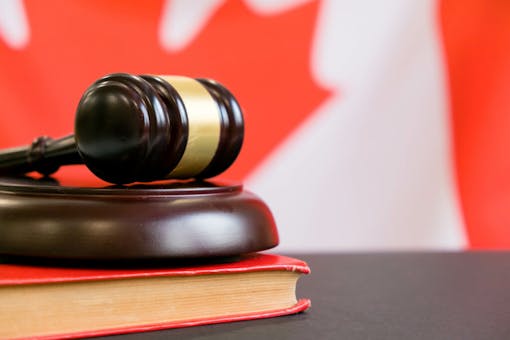
With a myriad of ever-changing provincial and municipal regulations layered upon it, it’s important for cannabis retailers to understand both the products they’re selling and the regulatory and social ecosystem they’re selling them in.
“Great budtenders are always on top of new innovations, products, and regulations in the industry,” says Noble. “This delivers tremendous value to consumers who are looking for the most up-to-date information. It also gives them the opportunity to be leaders amongst their peers, elevating everyone’s knowledge and understanding within the retail location.”
A firm grasp of the regulations makes for a good selling point for individual brands while helping move the topic of cannabis forward in general.
“The stigma behind cannabis is real and buying legitimately from a retailer is still a grey area for new and regular consumers alike,” says Francesco Caruso, store manager of Choom Cannabis Co.
“Knowing how the retail market works with respect to customer service, presentation, and execution will certainly help make you an excellent budtender.”
